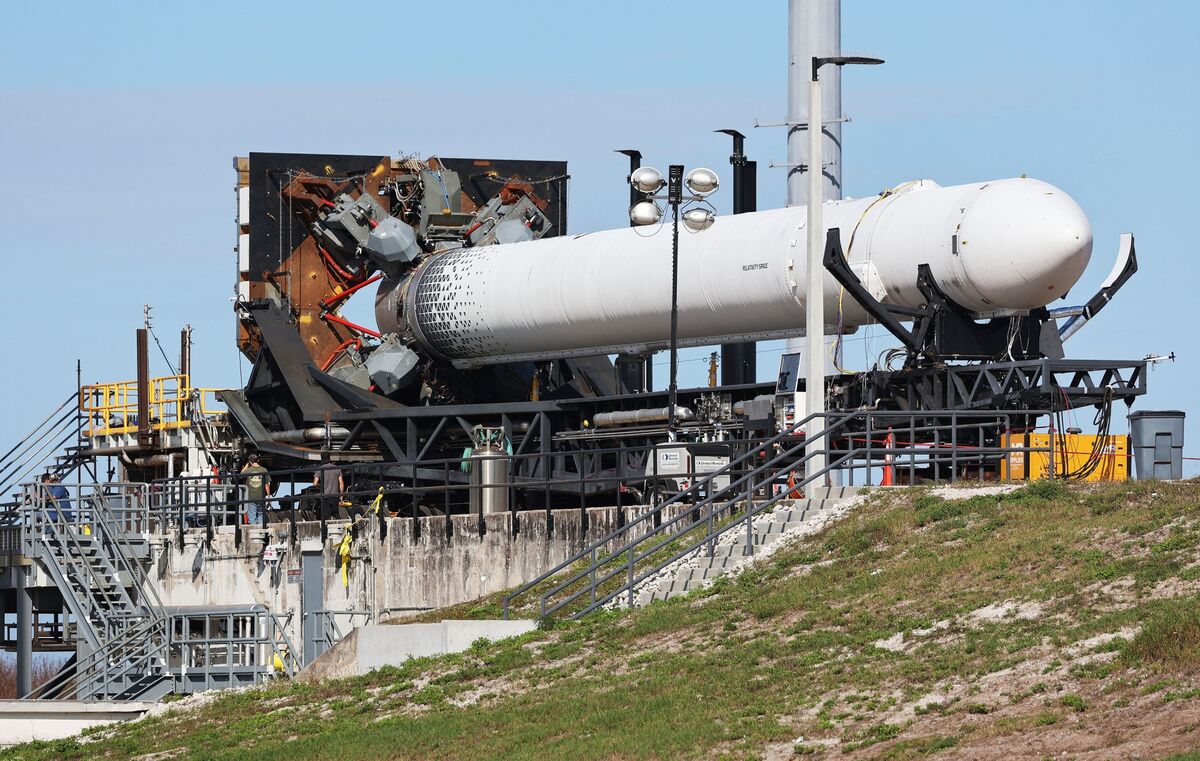MARCH'2023
MARCH 1 to 5: Astronomical Society Workshops conducted at IIT-Indore
The 41st annual meeting of the Astronomical Society of India (ASI) convened at IIT Indore, drawing over 470 attendees from 123 organizations across India. This five-day workshop showcased 160 scientific talks, 230 posters, and fifteen plenary sessions covering diverse topics in astronomy and space exploration. Discussions highlighted areas ranging from our solar system to cosmology, with a focus on upcoming Indian observatories like Aditya L-1 and LIGO-India. Prof Jayant Narlikar received the ASI Govind Swarup Lifetime Achievement award, Dr Eve J. Lee was honored with the Prof MK Vainu Bappu Gold Medal, and Dr Prateek Sharma earned the ASI Laxminarayana & Nagalaxmi Modali Award for their remarkable contributions. Additionally, the event commemorated ASI's 50th year with the release of "The Astronomical Endeavours of Sawai Jai Singh," shedding light on the Jantar Mantar observatories' journey. Overall, the workshop fostered extensive knowledge sharing, celebrated astronomical achievements, and deliberated on advancing India's role in astronomy and astrophysics.
March 20: Hakuto-R spacecraft enters Lunar Orbit, milestone for Ispace
A Japanese private spacecraft, Hakuto-R, successfully reached lunar orbit, marking a significant achievement for the Japanese company Ispace. The spacecraft, launched via a SpaceX Falcon 9 rocket in December 2022, entered lunar orbit on March 20, 2023. This milestone demonstrates ispace's capability to transport payloads around the moon, paving the way for future missions involving satellite deployment into lunar orbit. Hakuto-R aims to land on the moon soon and, if successful, will deploy a rover for the United Arab Emirates' space agency, marking the first privately operated soft landing on the moon. Ispace plans further missions, including missions in 2024 and 2025, aiming to establish a foundation for a cislunar economy. This success adds to the presence of another privately operated spacecraft, CAPSTONE, orbiting the moon, which arrived last November for NASA's lunar exploration efforts.
March 23: Relativity Space Scraps Debut Launch of 3D-Printed Rocket
Relativity Space, a space startup, had to abort the first-ever launch attempt of its 3D-printed rocket, Terran 1, due to an automatic abort 70 seconds before the scheduled launch. The launch, planned at Cape Canaveral Space Force Station in Florida, faced temperature issues with the rocket's second stage fuel. Despite attempts to reset for a second launch on the same day, the company exceeded launch commit criteria limits and had to stand down. The Terran 1 mission, designed for small satellite launches into low-Earth orbit, is notable for its 85% 3D-printed structure and the use of liquid methane for its nine first-stage Aeon-1 engines. Relativity Space plans to attempt the launch again on Saturday, March 11, 2023. The mission aims to gather valuable data for the development of future technologies, including the larger reusable rocket, Terran R.

March 26: ISRO's Successful Launch: OneWeb's Satellite Deployment
Indian Space Research Organisation (ISRO) triumphantly launched the LVM3-M3/OneWeb India-2 mission, deploying 36 satellites into their designated orbits from Sriharikota. In collaboration with Network Access Associates Ltd, this venture aims to place 72 satellites in Low-Earth orbits (LEO). The mission signifies a crucial step for OneWeb, marking progress toward a global Low Earth Orbit (LEO) constellation. Bharti Enterprises' involvement in OneWeb underscores its focus on enhancing global connectivity. ISRO's role in placing the 5,805 kg satellites in a 450 km circular orbit denotes a significant achievement, marking its second successful launch in 2023. Dignitaries, including Union Minister Jitendra Singh and Anand Mahindra, praised ISRO for India's advancements in space technology. This success propels OneWeb toward global coverage in the near future.
